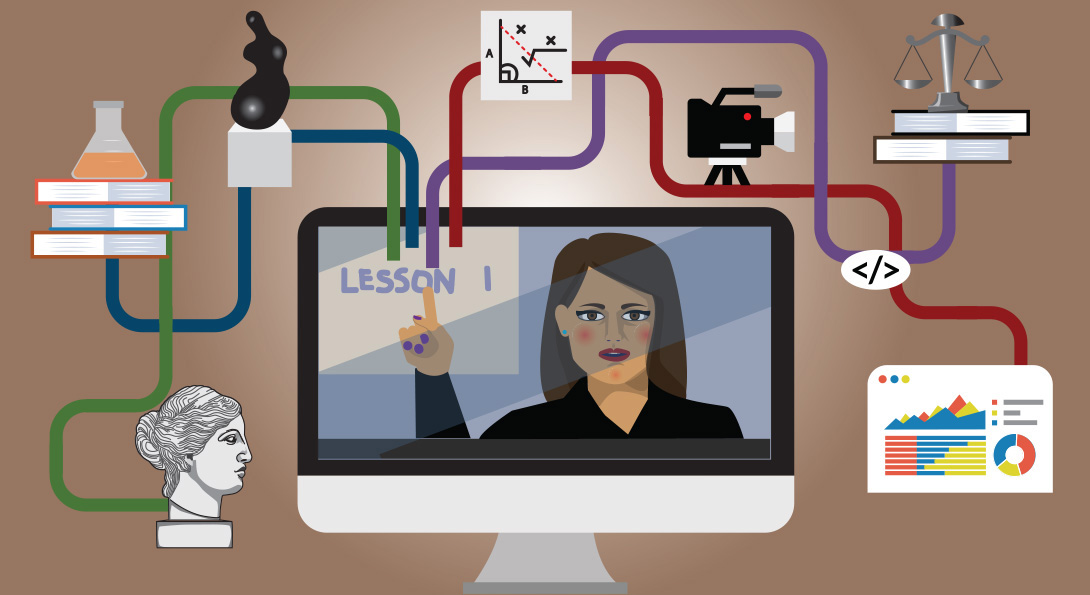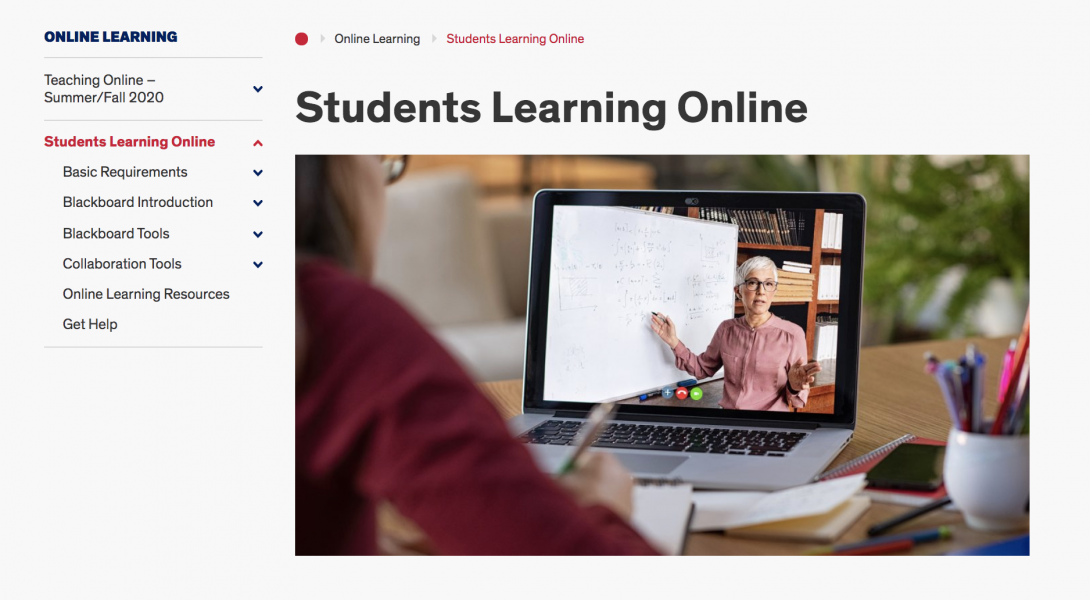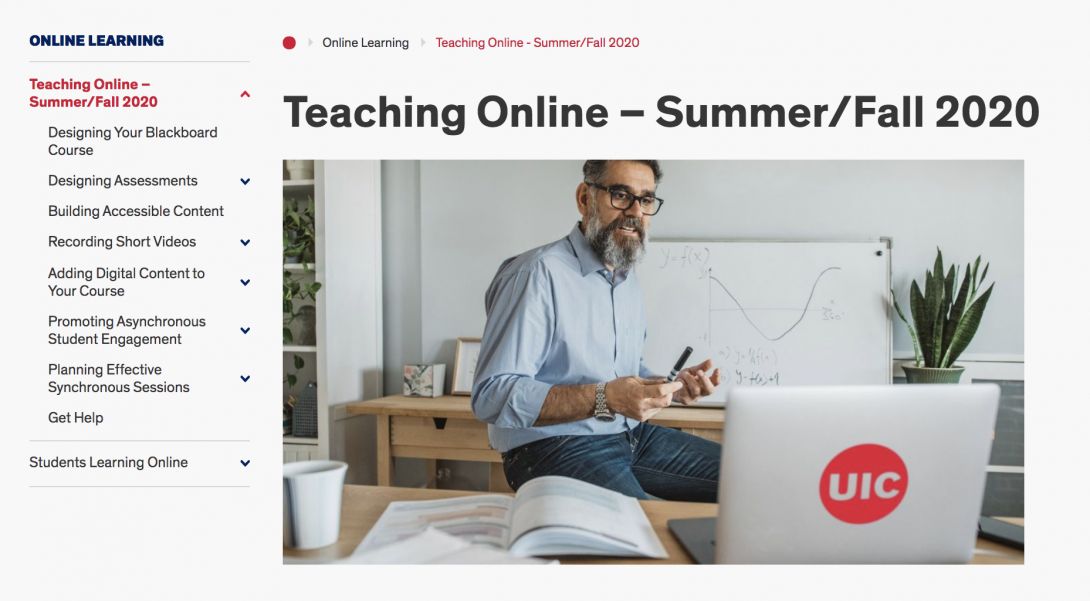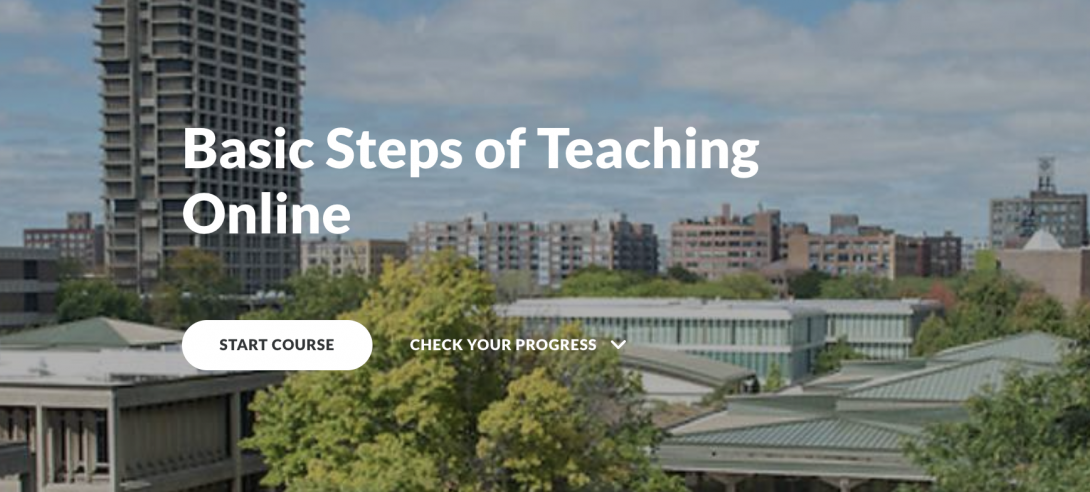Your Guide to Online Teaching & Learning

Your Guide to Online Teaching & Learning
The sudden switch to online teaching and learning has been a challenge to instructors and students alike. ACCC’s team has been working tirelessly in response to COVID-19 measures, to ensure that the UIC community has the tech services, resources and tools it needs to succeed even during these tough times and looking forward.
Our immediate response has included offering internet hotspots to students who needed access, hosting virtual office hours and webinars on remote teaching and learning tools, introducing new online collaboration options such as Zoom, creating a page dedicated to Academic Continuity, and more.
quote
Online Learning doesn’t just happen, it requires careful planning, organization, and communication between instructors and students.
text
Considering summer courses are being held exclusively online, we are happy to announce the launch of our Online Learning page (accc.uic.edu/online-learning) that’s dedicated to helping both instructors and students make the most of online education.
text

For students, the Online Learning page provides guidance and resources for learning in an online environment. This page includes information on basic requirements for online learning, getting started with Blackboard Learn, collaboration tools available to students, software resources, where to get help and more!
text

For instructors, the Online Teaching page includes course design guides, virtual classroom options, student engagement tools, and more. The page also features links to resources, webinars and tutorials, and information on how to get instructional design and IT support.
text

If you need to move your teaching online, ACCC-LTS has designed this Basic Steps of Teaching Online course to share best practices, resources, tools, and technologies for activities and assessments that can assist your move from remote teaching to online teaching. Take the test and let your present knowledge of online teaching determine where you should start, or start exploring the course modules!
quote 2
There are many factors involved in successful and effective online learning. These include the course design, activities, content, the instructor’s ‘presence,’ the interactions between the students and the instructor, student autonomy, and even time management.